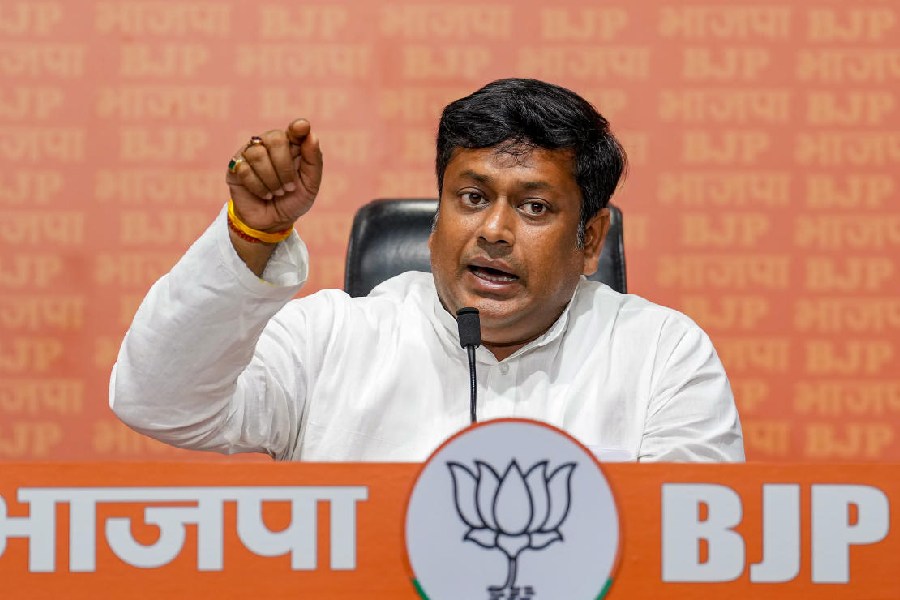The US, China, Korea and Chinese Taipei have raised concerns on India's decision to impose import restrictions on laptops, and computers, in a meeting of the World Trade Organisation (WTO), an official said.
The concern was flagged in the meeting of WTO's Committee on Market Access. It was chaired by Renata Crisaldo of Paraguay on October 16, in Geneva.
The US has stated that the decision will have an impact on trade of these products, including US exports to India, once they are implemented, the Geneva-based official said.
America has also said that the decision is creating uncertainty for exporters and downstream users.
On August 3, India imposed import restrictions on a host of IT hardware products as laptops, personal computers (including tablet computers), micro computers, large or mainframe computers, and certain data processing machines with a view to boost domestic manufacturing and cut imports from countries like China.
The regime would come into effect from November 1.
However, Commerce Secretary Sunil Barthwal last week said that India will not impose licensing requirement on imports but will only monitor their inbound shipments.
The official said that Korea stressed that the proposed measures by India seem inconsistent with WTO rules and could consequently create unnecessary trade barriers.
Seoul requested India to reconsider the implementation of these measures and provide detailed clarifications and information on this issue, including the timeline of its implementation.
India imports about USD 7-8 billion worth of these goods every year.
The country has imported personal computers, including laptops, worth USD 5.33 billion in 2022-23, as against USD 7.37 billion in 2021-22.
Except for the headline, this story has not been edited by The Telegraph Online staff and has been published from a syndicated feed.










